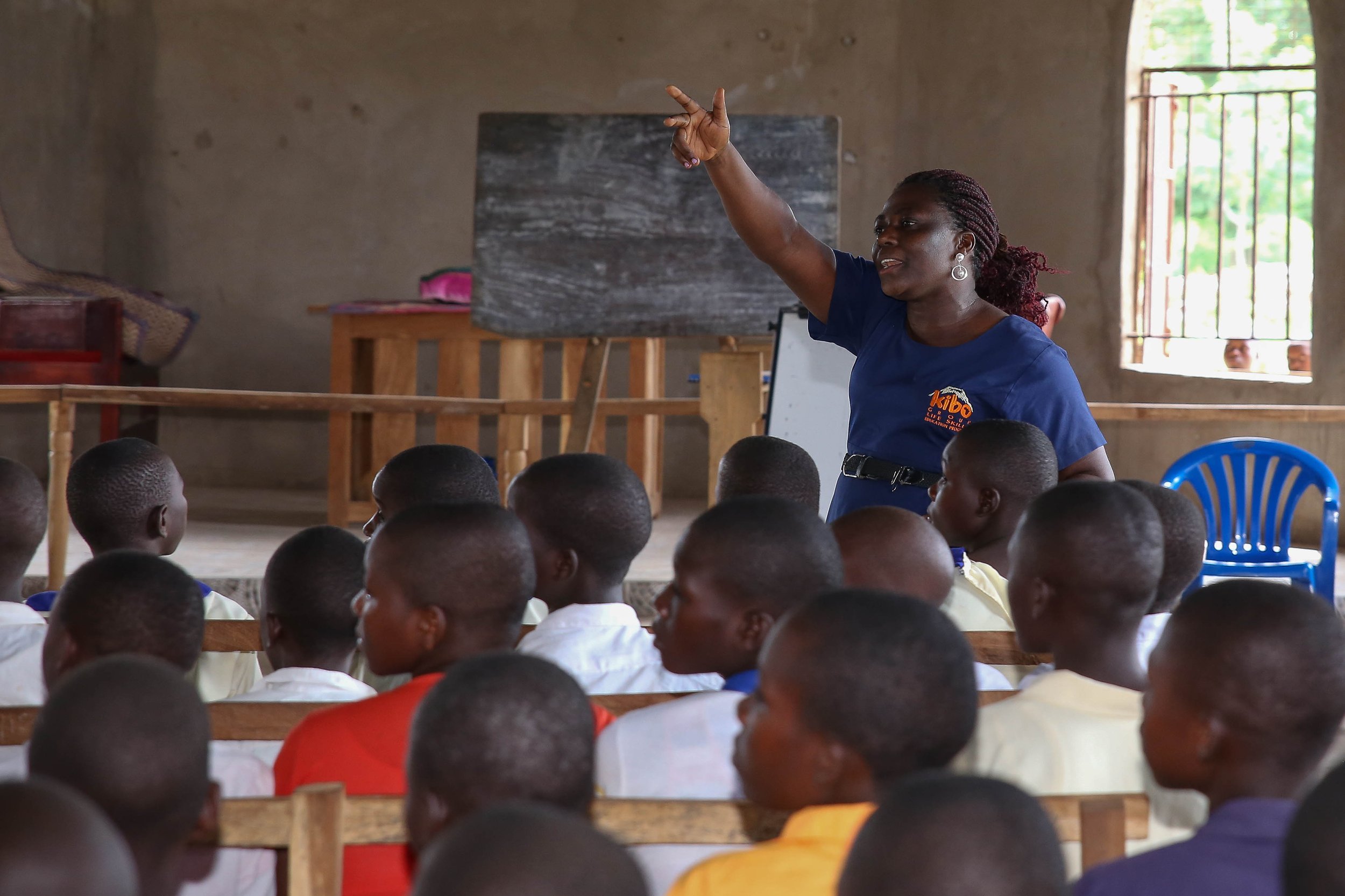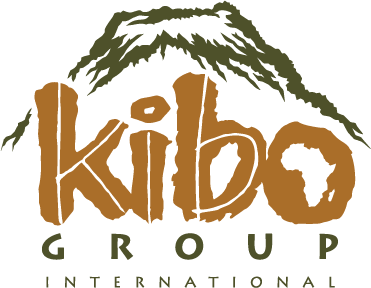
Life Skills Education and Counseling
Our Life Skills staff empowers students and their parents to better handle life’s challenges. Life Skills offers a comprehensive behavior change approach that develops the character of individuals and communities through education. More than providing information, our Life Skills staff develops critical thinking skills so that individuals can make informed decisions in any situation.
That’s Life Skills. Want more depth? Scroll for more.
Our Life Skills staff works with 13-18 year olds in rural primary schools of Busoga. Our Life Skills staff empowers girls and encourages boys toward new values in order to prevent school dropouts, early pregnancy, and early marriage. Our Life Skills staff also educates the adult community members where the schools are located to help reinforce the Life Skills education that the children receive.
The curriculum, which was developed by the Peace Corps, covers five areas: communication skills, decision-making skills, relationship skills, HIV/AIDS awareness, and personal hygiene.
Communication – We help students understand styles of communication, we help students develop their public speaking skills, and we encourage students to talk to those they trust when they encounter challenges.
Decision-making – We address multiple decisions that youth regularly face and some potential consequences, including sex, early pregnancy, abortion, alcohol, and drugs.
Relationships – We educate students about different relationships and appropriate expressions of love within those relationships, including with their parents, siblings, peers, and future spouses. We also give students tools for managing their emotions.
HIV/AIDS – We discuss with students what HIV is, how it is transmitted, and how it is prevented. We also address disease progression and other STDs.
Personal hygiene – We help students understand how their bodies are changing during adolescence and we teach them about personal boundaries. We teach girls how to care for themselves during their periods, and we teach boys how to respect their female peers when they are menstruating.









